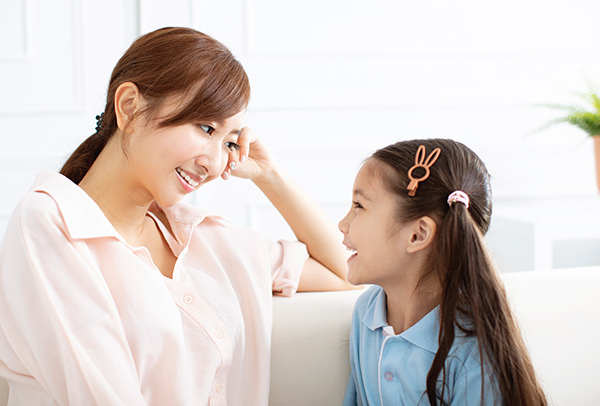Source: Senior Parenting Education Expert, Bally
After school every day, asking children to sit down and do homework is like sending them to war. Usually, there are several reasons why children do not like or do not want to do their homework. How can parents help their children?
First, they really do not know how to do it. How can we tell if they really don’t know how to do it? I have found that many children go home and find that 80% of the homework requires parent guidance, so they can’t handle it on their own and naturally wait for their parents to come home. From the parents’ perspective, they will feel that their children do not want to do homework.
Second, the child actually understands how to do the homework 80% of the time, but they actually want their parents to accompany them, so they will fight for time with their parents. Once the parents are together, they pretend not to understand. In fact, they are not trying not to understand but are unconsciously hoping for their parents to accompany them and do homework together.
Third, they may be too tired. The parents may not have given the children a proper schedule, causing them to do homework in an unfavorable state, which is why they don’t want to do it.
If the child does not understand how to do the homework at first, the parents should communicate effectively with the school. If the school is willing to adjust the level of homework to suit the child, the parents won’t have to worry about the level difference. If the child doesn’t like doing homework, over time they will dislike going to school and eventually lose motivation to learn. Therefore, we must communicate with the school to see if they can give him some easier homework so that the child can enjoy the process of doing homework.
If the school is unable to cooperate, then the parents need to think about how to guide from the sidelines. Let the child gradually take some courses that start from easy to difficult on weekends, or give some words that the child can recognize, or through some games, let the child understand and slowly enjoy doing homework.
In fact, the biggest concern in the education sector is that students have already resisted learning, resisting going to school, and resisting doing homework. So we must seriously face the reasons why children are unwilling to do homework. Some children love to stick with their parents, but what do most parents do with their children when they get home now in our society? It’s doing homework; this is their only parent-child time. If the only parent-child time is not good or pleasant, it will cause many problems in the family or marriage.
If the child does not want to do homework and just wants to wait for the parents, the parents can play with and accompany the child while doing homework. You can read a book or do something similar to homework near the child, such as bringing work home to do, to make the child feel like you are accompanying them and both of you are doing something.
A worrying situation is when many parents say, “Okay, you do it; I’ll be here,” but in reality, they are watching TV, using their phone, or playing games. This makes the child feel that you are not really accompanying them and that you are not doing the same thing. Even if the child knows how to do most of it, it is preferable for the parent to spend some time watching him or her do it rather than doing something else. Continuously complimenting him/her while watching: “Good job; you can really do it!” gives more praise, which is the best approach.
If the child reaches the end of the K3 school term, they have already grown up and are quite independent. Parents may believe, “They are so big now, I shouldn’t go with them to do their homework anymore.” But in reality, parents should have a schedule in place for their children to follow from a young age. For example, when the child comes home from school, they need to take a break, have a snack, and play for a while. After maybe half an hour or 45 minutes, it’s time for homework.
In K1 and K2, parents can accompany their child while they do homework. But when they reach K3, parents can use a reward system. For example, “If I come home from work today and see that you have finished your homework, I will give you a sticker.” “If you are well-behaved and take a bath after finishing your homework, I will give you another sticker.” Give the child a schedule to follow and reward them with stars or hearts for each sticker they earn. On the child’s schedule, if they accumulate enough stars in a week, the mother should make some promises, such as going to the park. The rewards are best for parent-child activities, not toys, gifts, or candy.



















